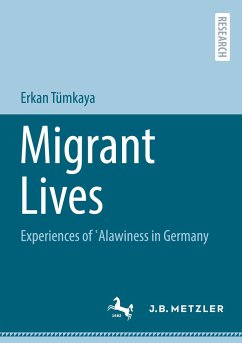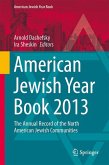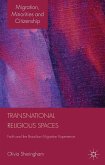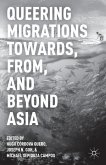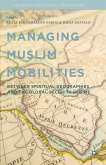The Alawi community constitutes one of the oldest secret communities originating in what is known today as the Middle East. Today, the community members are scattered over many different countries around the world. The first Alawis came to Germany as Gastarbeiter (guest workers) in the 1960s following bilateral labour agreements between Turkey and Germany. The present book explores the multifaceted experiences of Alawiness during the post-migration period in Germany. The book demonstrates the pervasiveness of the practice of secrecy in the various spheres of Alawi migrant life in Germany. Throughout this book, it becomes evident that living at the nexus of being an Alawi and a migrant generates a set of experiences that are shaped by the accelerated sociocultural, political, economic and technological developments in Germany, but also in the countries of origin. The focus of this book is on identification practices, the practices of secrecy, the dynamics of interethnic social relations, and the religious practices of Turkish Alawi men and women in present-day Germany. The book traces in particular the stories of the new generations of Alawis whose experiences have largely remained ignored.

